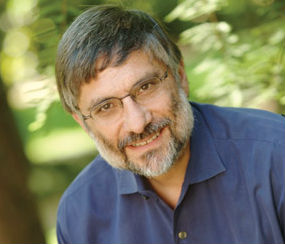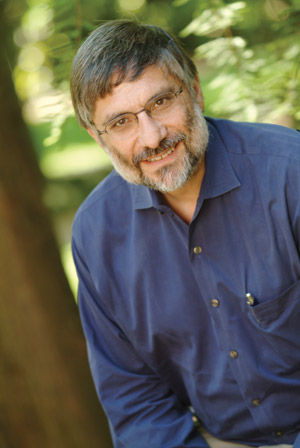As debate continues over recent and potential financial market reforms in the United States, compelling new research from the Owen School casts doubt on the effectiveness of Regulation Fair Disclosure (Reg FD), one of the key reforms of the past decade. According to the analysis, Reg FD has failed to create a “level playing field of information” for investors and has resulted in market makers demanding higher premiums due to the risk associated with “information asymmetry,” or trading against better-informed individuals.
Implemented in October 2000 by the Securities and Exchange Commission (SEC), Reg FD prohibits the disclosure of material nonpublic information to select individuals or groups such as financial analysts or institutional investors. The SEC’s intent, in part, was to level the playing field for all investors by ensuring that such disclosures, if they occur, be made simultaneously and with identical content to all market participants.
“In such a scenario, it is anticipated that the information will be immediately incorporated into the trading price with little or no profit for select market participants,” says Richard Willis, Associate Professor of Accounting and co-author of the study. “However, our research indicated this outcome has not been the case. Reg FD has not turned out to be a rule that levels the playing field for all investors.”
In fact the research identified a dramatic increase in the portion of the bid-ask spread associated with adverse selection—which jumped about 36 percent. The adverse selection premium is demanded by market makers to cover potential losses associated with trading against individuals who might possess superior knowledge about a security’s value.
The Vanderbilt researchers reached this conclusion by analyzing the cost components of market maker bid-ask spreads—the difference between the offering and purchase price of a security at any given time—from the Nasdaq Market for all time-stamped stock trades during a five-month period before and after the adoption of Reg FD. To verify their findings, the researchers tested and eliminated the possibility that other factors may have affected the market maker’s spread. “For example, we found that the timing of quarterly earnings announcements, changes in analyst coverage or seasonal effects in information flow had little to no impact,” says Willis.
Why has Reg FD achieved the opposite of what was intended? Study co-author Robert E. Whaley, Valere Blair Potter Professor of Management, believes the answer is clear. While Reg FD requires universal and simultaneous disclosure if a company elects to release material nonpublic information, it leaves it up to the company to decide if and when it will make such a disclosure.
“In reality, there has been a curtailment in the amount of information released to the public,” says Whaley. “This reduction has heightened perceptions that insider information can surface later. Market makers view this extended timeframe for insider information as an added risk that they seek to hedge by raising their premiums.”
According to Whaley, the ideal situation would be one in which firms immediately disclose any information that a reasonable person would expect to have a material effect on the value of a firm’s share price. Such so-called “continuous disclosure” has been in effect in countries like Australia for more than a decade.
The researchers anticipate that continuous disclosure may become a requirement for U.S. exchange-listed companies, especially in light of ongoing global convergence of accounting rules.
“The SEC appears to be moving toward allowing U.S.-domiciled companies to prepare their financial statements with International Financial Reporting Standards (IFRS), which begs the question of whether convergence in listing standards worldwide might follow,”
Whaley says. “If that’s where we are headed, then the ‘continuous disclosure’ listing rule could become a requirement for U.S. companies.”
The study—“Regulation Fair Disclosure and the Cost of Adverse Selection”—was published in the June 2008 edition of the Journal of Accounting Research. In addition to Professors Willis and Whaley, co-authors include Professor Baljit Sidhu of the University of New South Wales and Professor Tom Smith of the Australian National University.
 There’s more to great health care than medicine. While physicians, nurses and hospital administrators are experts at patient care, they often lack the business skills needed to be effective managers. The new Vanderbilt Master of Management in Health Care is a one-year degree program designed to arm physicians and other clinical professionals with the business fundamentals and decision-making skills needed to manage people, programs and processes successfully.
There’s more to great health care than medicine. While physicians, nurses and hospital administrators are experts at patient care, they often lack the business skills needed to be effective managers. The new Vanderbilt Master of Management in Health Care is a one-year degree program designed to arm physicians and other clinical professionals with the business fundamentals and decision-making skills needed to manage people, programs and processes successfully.



